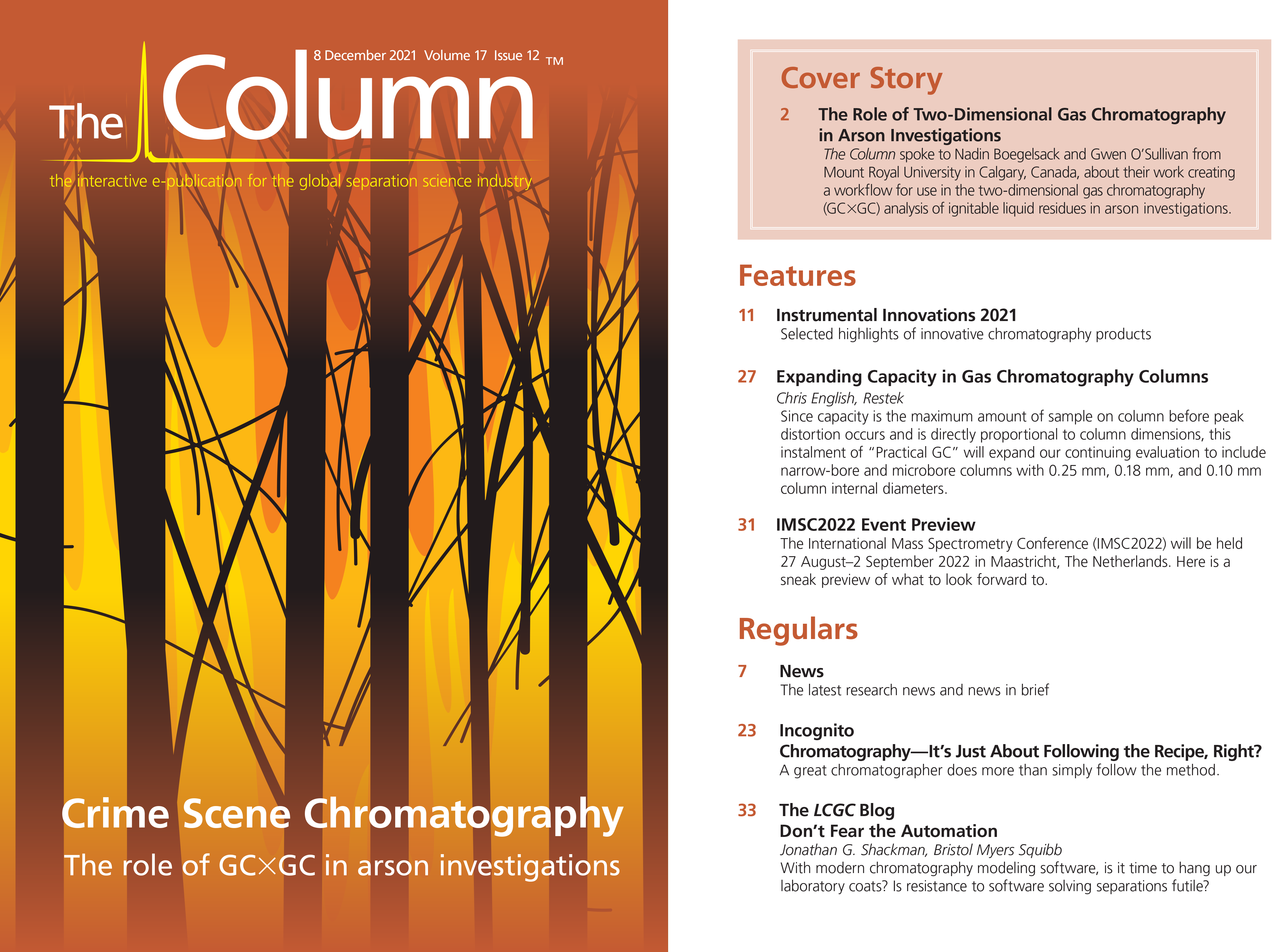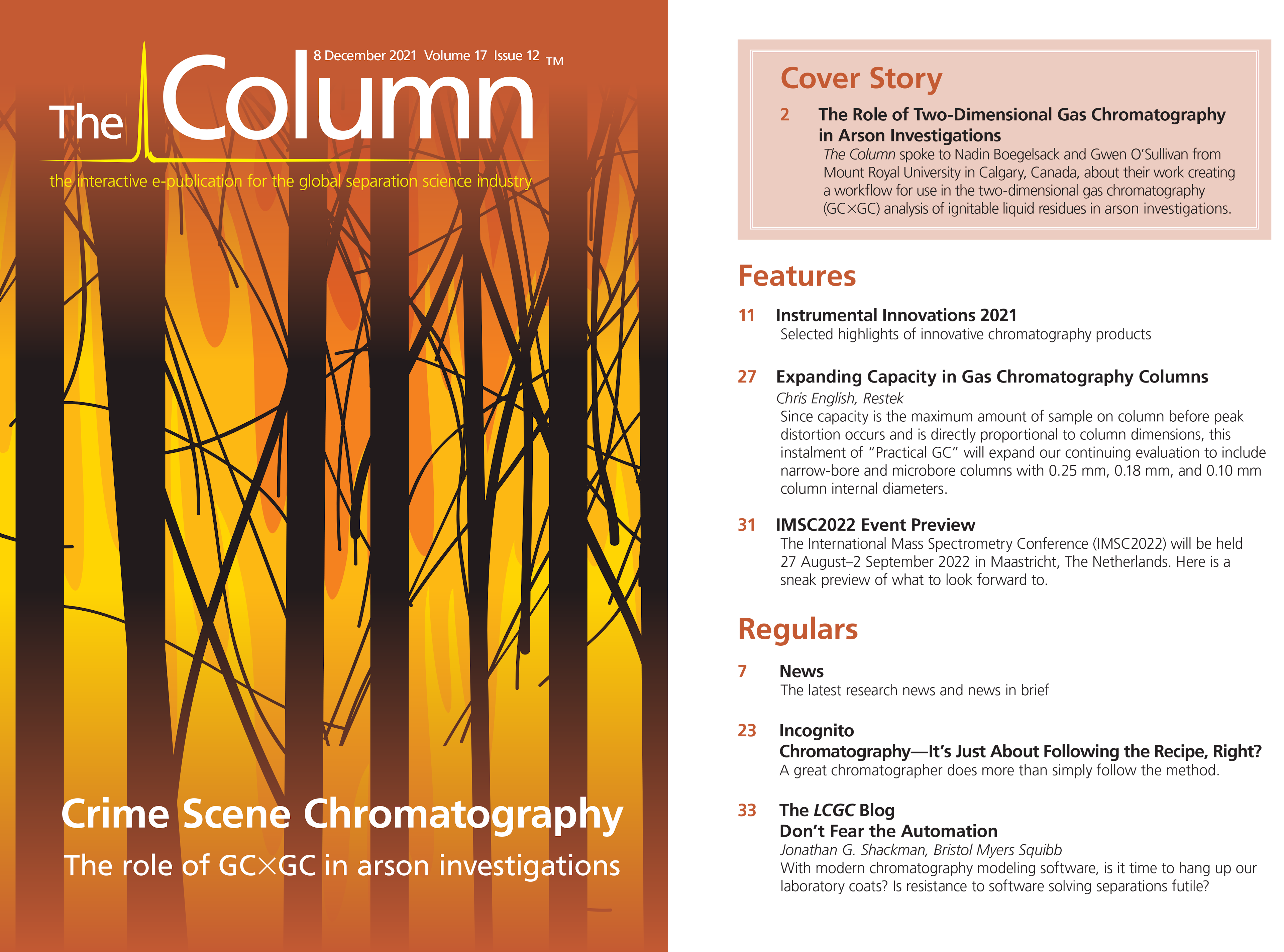Thermo Announces PharmaFluidics Acquisition
Thermo Fisher Scientific (Waltham, Massachusetts, USA) has announced the acquisition of Belgium-based PharmaFluidics, the developer of the μPAC range of micro-chip-based chromatography columns.
The micro-pillar array portfolio of columns enhance liquid chromatography (LC) performance in biomarker, proteomics, and drug research and development applications. The columns are formed by carefully etching away the interstitial volumes out of a solid silicon wafer, leaving an array of pillars. The resulting channels are folded onto a small footprint by concatenating bed segments with optimized flow distributors that limit peak dispersion. This creates a stationary phase support structure that is organized in a reproducible,
ordered pattern.
“LC is a key analytical technique across numerous applications, and its accuracy, reproducibility, and robustness is critical to the delivery of meaningful results,” said Kent Davidson, Vice President and General Manager, High Performance Chromatography Solutions, Chromatography and Mass Spectrometry, Thermo Fisher Scientific. “Columns are an essential part of these workflows, and the next-generation μPAC columns push this element to a new level through innovative pillar array technology, improving the quality
of data.”
For more information, please visit: https://corporate.thermofisher.com or www.pharmafluidics.com

Regulatory Deadlines and Supply Chain Challenges Take Center Stage in Nitrosamine Discussion
April 10th 2025During an LCGC International peer exchange, Aloka Srinivasan, Mayank Bhanti, and Amber Burch discussed the regulatory deadlines and supply chain challenges that come with nitrosamine analysis.














